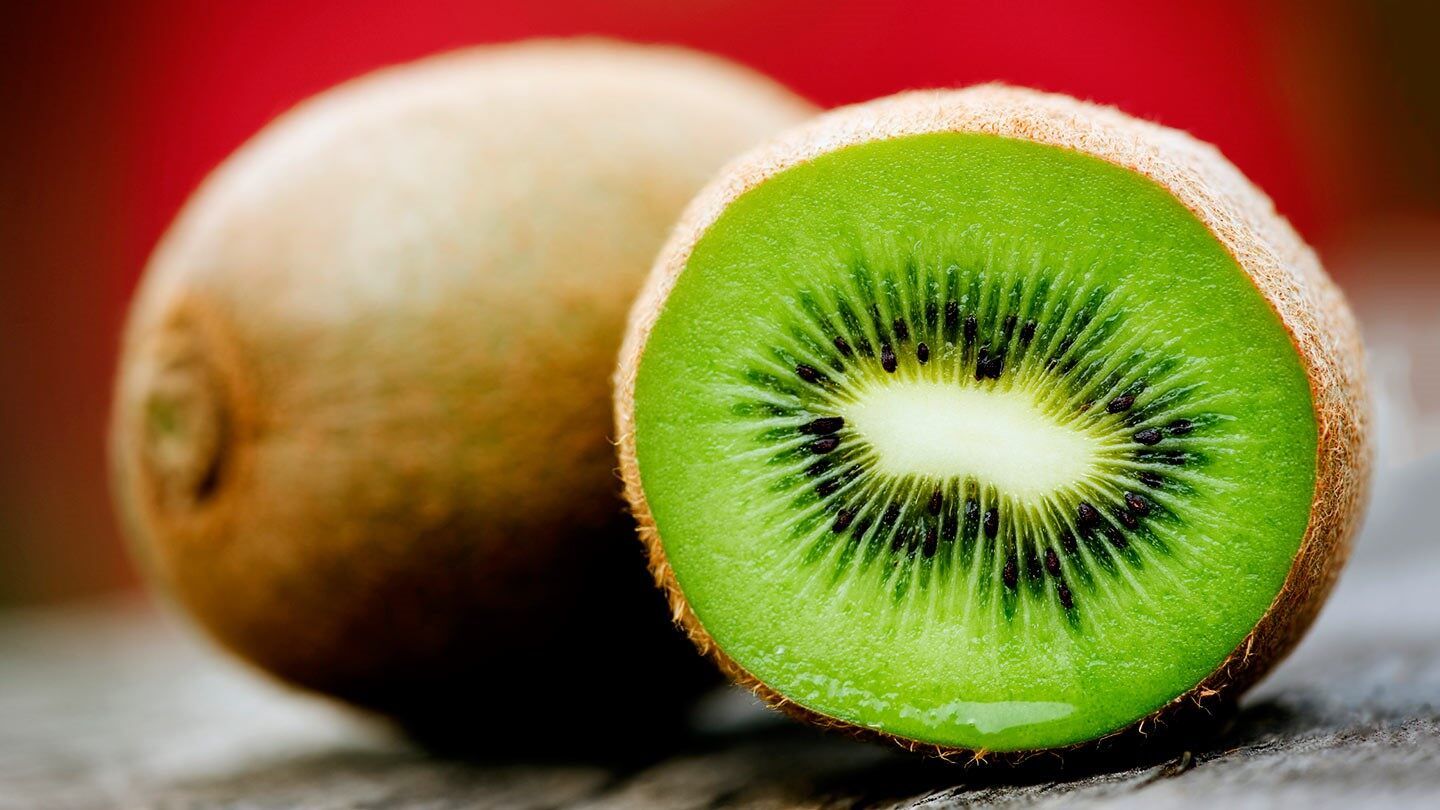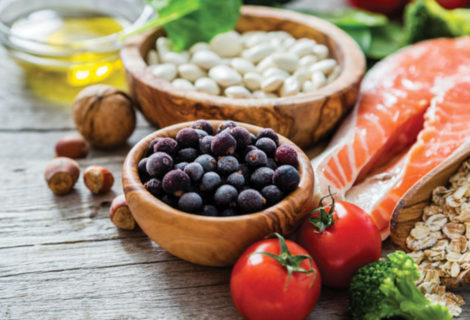Which fruit is good for a sugar patient?
Welcome to the topic Which fruit is good for a sugar patient?
Diabetes does not have to imply a life devoid of pleasure. People can learn to balance their meals and make healthy food choices while still enjoying their favorite meals. Fruit is a delicious way to satisfy hunger while also meeting daily nutritional needs. Most fruits, on the other hand, contain sugar. This has raised concerns about which fruit is good for sugar patients.
Fresh fruit consumption is associated with a lower risk of diabetes and complications if you already have the disease, which is great news for fruit lovers everywhere. If you’ve been avoiding fruit due to its high sugar content, there’s no need to do so anymore. Today, we’re recommending which fruits make the best choices for you if you’re a sugar patient.
Apples
Apples are mostly made of carbohydrates and water, with a small amount of protein. They are enriched with simple sugars, such as sucrose, fructose, glucose, and low in complex sugars. Even though they contain a significant amount of carbohydrates and sugar, their glycemic index (GI) is low, with a range of 29–44. Glycemic index (GI) measures how food affects the rise in blood sugar levels that occurs following a meal. The presence of low levels is connected with a variety of health advantages.
Consuming apples may assist in decreasing blood sugar levels and protect against diabetes, according to some data. Some of the antioxidants included in apples may also have the additional effect of slowing down your digestion and absorption of sugar. According to one study, eating one or more apples per day was associated with a 28 percent decreased risk of developing type 2 diabetes among women who ate one or more apples per day.

Which fruit is good for a sugar patient
Blueberries
Blueberries are a highly popular and delicious fruit and are good for sugar patients that originated in North America but are now grown commercially across the Americas and Europe. They’re low in calories and very nutritious, with the ability to regulate blood sugar levels and improve heart and brain health, among other benefits. Blueberries, which are frequently promoted as a superfood, are a good source of various vitamins, useful plant components, and antioxidants.
Sugar patients are sensitive to sudden fluctuations in blood sugar and must exercise caution while eating carbohydrate-rich meals. Blueberries have a small quantity of sugar (15 grams) per cup. One six-week trial discovered that drinking two blueberry smoothies daily improved insulin sensitivity in obese people who were at high risk of developing diabetes. It may also have an immediate effect on blood sugar levels after a high-carb meal by inhibiting specific digestive enzymes and lowering blood sugar rises.
Cherries
Cherries are strong in potassium and antioxidants, and they are a great way to help your immune system function better. It might be difficult to get cherries that are still fresh due to the short growing season. If you don’t mind canned tart cherries, which have a GI of 41 and a GL of 6, they make a good alternative as long as they aren’t filled with sugar.
There is an ongoing study into the possible role that cherries may play in the management of type 2 diabetes. The findings of these and other research show that cherries may have a role in good glucose control, thereby lowering the chance of developing diabetes and relieving the negative consequences of diabetes. According to a study conducted in 2012, cherry extract is beneficial in regulating blood glucose levels, and cherries appear to assist in the management of sugar problems.
Grapefruit
It is possible that eating grapefruit on a daily basis might help to avoid insulin resistance, which can eventually lead to diabetes. Insulin resistance arises when your body’s cells fail to respond to the insulin hormone. It is possible that eating grapefruit may assist in managing insulin levels and, as a result, will lower your chances of becoming insulin resistant.
Subjects who had half a fresh grapefruit before meals reported a substantial drop in both insulin levels and insulin resistance when compared to the control group who did not consume grapefruit, according to one study. Additionally, eating grapefruit as a whole is generally associated with improved blood sugar management and a lower risk of developing type 2 diabetes.
Grapes
Among the many beneficial plant components found in grapes are antioxidants, which may help to protect against chronic health problems such as diabetes, cancer, and heart disease. When you consider that grapes contain 23 grams of sugar per cup (151 grams), you might question if they’re a healthy snack option for those with type 2 diabetes. A 16-week study of 38 men showed those who consumed 20 grams of grape juice every day for 16 weeks had lower blood sugar levels than those who did not.
Resveratrol has also been found to boost insulin sensitivity, which may improve your body’s capacity to utilize glucose and, as a result, reduce your blood sugar levels. Besides increasing the number of glucose receptors on cell membranes, resveratrol has been shown to have a positive influence on blood sugar levels. It is critical to control your blood sugar levels over time if you want to lower your chance of developing diabetes. A study showed, those who took 20 grams of grape juice daily had lower blood sugar levels.
Takeaway
Incorporating fruit into your diabetes diet is both feasible and recommended! However, keep in mind that the fruit contains 15 grams of sugar per serving and that it should be counted as a carb in your meal plan. Diabetes management requires careful attention to nutrition. Having a personalized meal plan can help you balance your carbohydrate intake with your medications to keep your blood sugar levels in check if you suffer from diabetes.
Fruit is amazingly good for sugar patients but watch out for fruits with a high GI score if you want to avoid diabetes and prediabetes through your diet. Reduce the number of total carbs and sugar you consume as well. Fruits with a GI of 55 or below are considered low GI.
Have any questions regarding the topic Which fruit is good for a sugar patient?
Also Read: How Should Health Be Defined?





